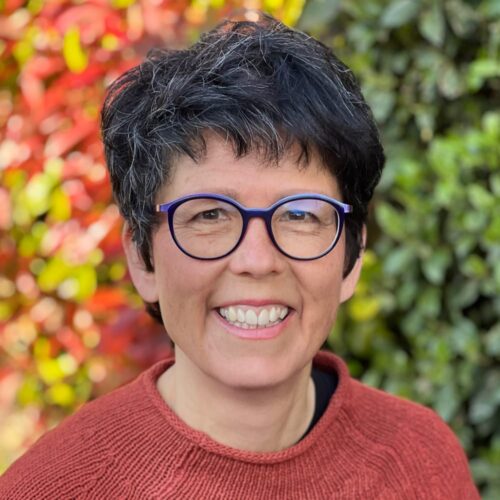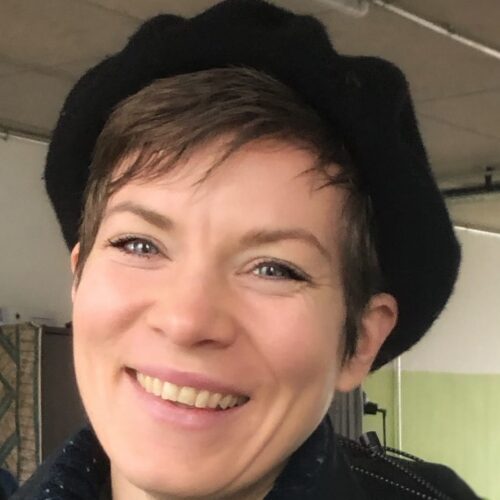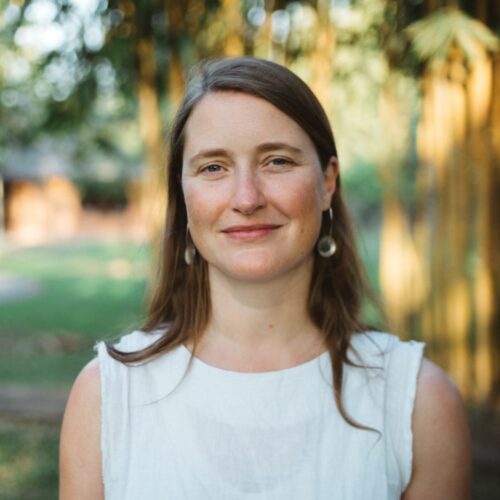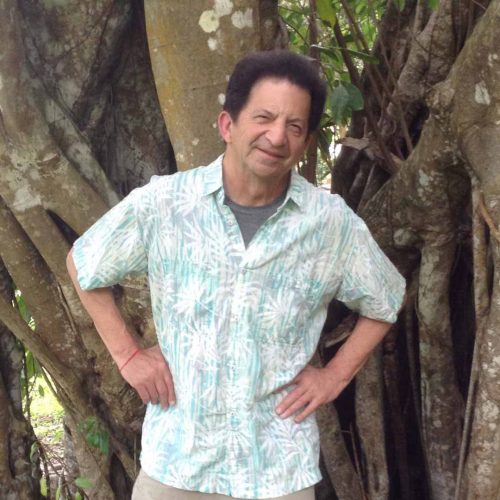The barrage of frightening headlines often leaves us with feelings of despair, hopelessness, and negativity. While it’s important to feel connected to the suffering all around us, it is equally important to nourish ourselves by opening to the goodness in life–both inside and around us. Our caring can then be held with more spaciousness and calm. When we’re ready, whatever our response is, it will likely be more effective.
With James Baraz recorded on January 7, 2024.
Found our teachings useful? Help us continue our work and support your teachers with a donation. Here’s how.
Discover more from the Dharma Library
-

Daily Meditation Recordings, with Caverly Morgan – Week of June 15
We’re very grateful to have Caverly Morgan hosting our Daily Meditation Series for North America. To find out more about Caverly, and to view her past recordings and contributions to Sangha Live, click here. Monday, June 15 Clearing and grounding breath for anxiety and fear Wednesday, June 17 Chakra balancing breath practice Friday, June 19…
-

Daily Meditation Recordings, with Jaya Rudgard – Week of Nov 22, 2021
This week’s theme is Similes and Images from the Ancient Texts .Each morning this week we’ll dive into one of the images from the natural world and daily life that the Buddha used to explain his teachings. Let’s see how how these similes and metaphors from the Buddhist texts can support our understanding and enrich our practice. We may also discover how practising with them can enhance our appreciation of the world around us.
-

Patience: In Praise of an Undervalued Helper
Recorded :
December 4, 2022 Patience can be one of those qualities which we think of as being theoretically helpful but feel little motivation to actually cultivate and strengthen. So much emphasis in our busy world of achieving goals and getting tasks done is about doing, taking action and fixing problems. We will spend this session exploring the benefits of…
-

Spiritual Friendship: The Whole of the Path
Recorded :
December 7, 2025 We exist within a web of relatedness. Much of our stress and suffering arises in relationships. The troubles of this world too, can often be traced to a breakdown in relationship; with ourselves, with one another and with the more-than-human world. More than ever, it feels vital to bring the benefits of meditation practice off…
-

Daily Meditation Recordings, with Ulla Koenig – Week of July 19, 2021
This week’s theme is: Identifying the Many Masks of the Inner Critic
Often we think of the inner critic as the constant nagging inner discourse which dismisses our good qualities, questions our lovability, and our potential for goodness. Being a master/mistress of disguise, the inner critic takes on many forms; it wraps our decision making process in veils of doubt, pushes us into compulsive activity, traps us in paralysis, and distorts our views on others.
Luckily, the Dharma path offers us tools to meet this painful heart-mind dynamic. This week we will practice summoning qualities like wisdom, kindness, equanimity, concentration, appreciation, compassion and inquiry, in order to meet our inner critic in a skilful way.
-

How to be an Earthling
Recorded :
March 14, 2021 During this session we will use mindfulness meditation to explore our nature as nature, helping us to become more at ease and accepting of our lives and our place in the scheme of things.
-

Daily Meditation Recordings, with Caverly Morgan – Week of April 20
We’re very grateful to have Caverly Morgan hosting our Daily Meditation Series for North America. To find out more about Caverly, and to view her past recordings and contributions to Sangha Live, click here. Monday, April 20 Freeing the body from perceived limitation Wednesday, April 22 Welcoming what is Friday, April 24 Acceptance as a…
-

Daily Meditation Recordings, with Martin Aylward – Week of Nov 28 – Dec 2, 2022
Daily meditations with Martin Aylward.






Discussion